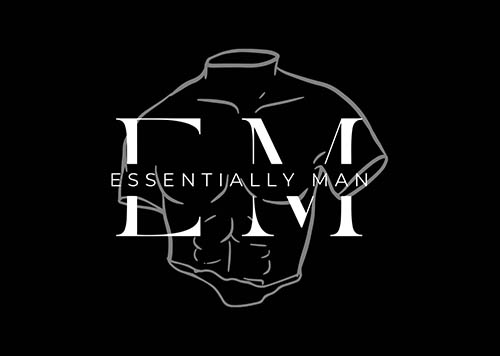The streets of Sarajevo hum with the electric pulse of anticipation, vibrating under the imminent burst of New Year's fireworks. Firecrackers pop and sizzle, weaving a tapestry of light that dances across the eager faces of revellers from every corner of the globe.
In the warmth of a crowded hostel, the aroma of spiced moonshine fills the air, mingling with the raucous symphony of laughter and clinking glasses. Amid this cascade of celebration stands Nico, a figure impossible to overlook. His open white shirt billows slightly as he moves, framing a chest sculpted from disciplined workouts, each muscle catching the dim light in a soft play of shadows.
As he threads through the crowd, Nico's confidence — effortless and uncontrived — turns heads, drawing the room's energy like a gravitational pull. A fellow reveller, cheeks flushed with drink and festivity, throws a teasing question his way about vanity. Nico's laughter rings out, genuine and infectious, yet a flicker in his eyes suggests layers of stories yet to be told.
Our conversation begins, unfolding Nico's life like the slow, brilliant bloom of a firework against the night sky. Born of Croatian roots and raised under the German sun, Nico recounts a childhood shadowed by solitude, his adolescence a battle against the sharp edges of bullying. Tonight, as Sarajevo explodes in colour overhead, Nico shares the tale of his transformation — a saga of pain, fortitude, and the ultimate embrace of his true self, each word punctuated by the bursts of light above us.
Nico's story is a crucial part of the Essentially Man project, highlighting men's stories of success and their journeys through trials and tribulations. In a world where the question 'How can men improve themselves?' resonates with hundreds of thousands, Nico’s transformation offers not just answers but a blueprint for personal change.
His narrative offers insights into how to be a better man, serving as a powerful example of personal growth and resilience.
Early Challenges and Learning How to Be a Better Man Through Isolation
From his earliest days in kindergarten, Nico's path was marked by isolation. "In Kindergarten or elementary school, I was pretty much the weird kid without people even talking to me," he recalls. This early social ostracism left him grappling with a deep sense of alienation that shadowed his childhood and adolescence.
As he struggled to connect with peers, Nico found solace in the virtual worlds of computer games, retreating further from a reality that seemed only to offer rejection. “It was quite hard to make social contact which got me introverted and shy. So, I pretty much stayed at home, did no sports, and played computer games."
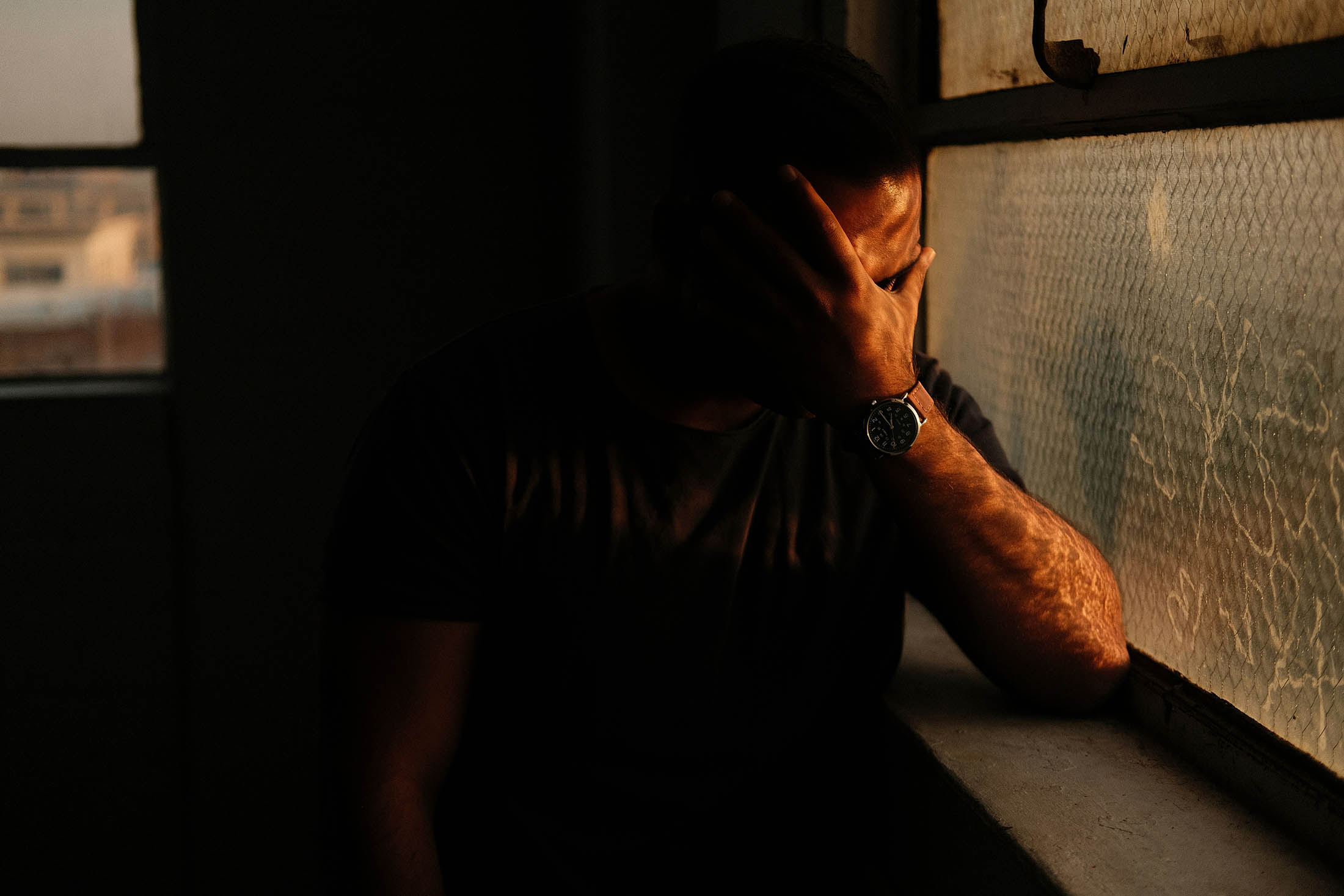
The isolation bred by shame and embarrassment over his cleft palate not only stifled his social interactions but also sowed seeds of distrust and defensiveness that would linger into his later years. This emotional landscape, fraught with solitude and the scars of being the perpetual outsider, was further marred by episodes of bullying.
As he ventured into certain activities, it intensified, further entrenching his introversion. Nico describes the impact: "Obviously, I got bullied. I got a pretty defensive and aggressive stance against anyone who talked to me, assuming they would want to make fun of me."
These formative years, defined by rejection and misunderstanding, forged a path of loneliness and self-doubt, setting the stage for Nico's transformative move toward acceptance.
Experiences with Bullying
The chatter and laughter of the hostel's common room fade into the background as Nico shares the darker chapters of his childhood. Amid the joyful clamour of the New Year's Eve party, his voice carries a weight that draws me closer. "I got bullied a lot in school or at sports I started playing," he confesses, his tone tinged with the residue of old pains. The stark contrast between the cheerful environment and his sombre memories paints a poignant picture of his isolated youth.
He describes scenes from his past with vivid clarity: being mocked for his looks, the cruel nicknames, and the relentless teasing that followed him from the classroom to the sports field. "It kind of shaped me in the way that I just got more introverted and didn’t trust anyone I saw," he admits.
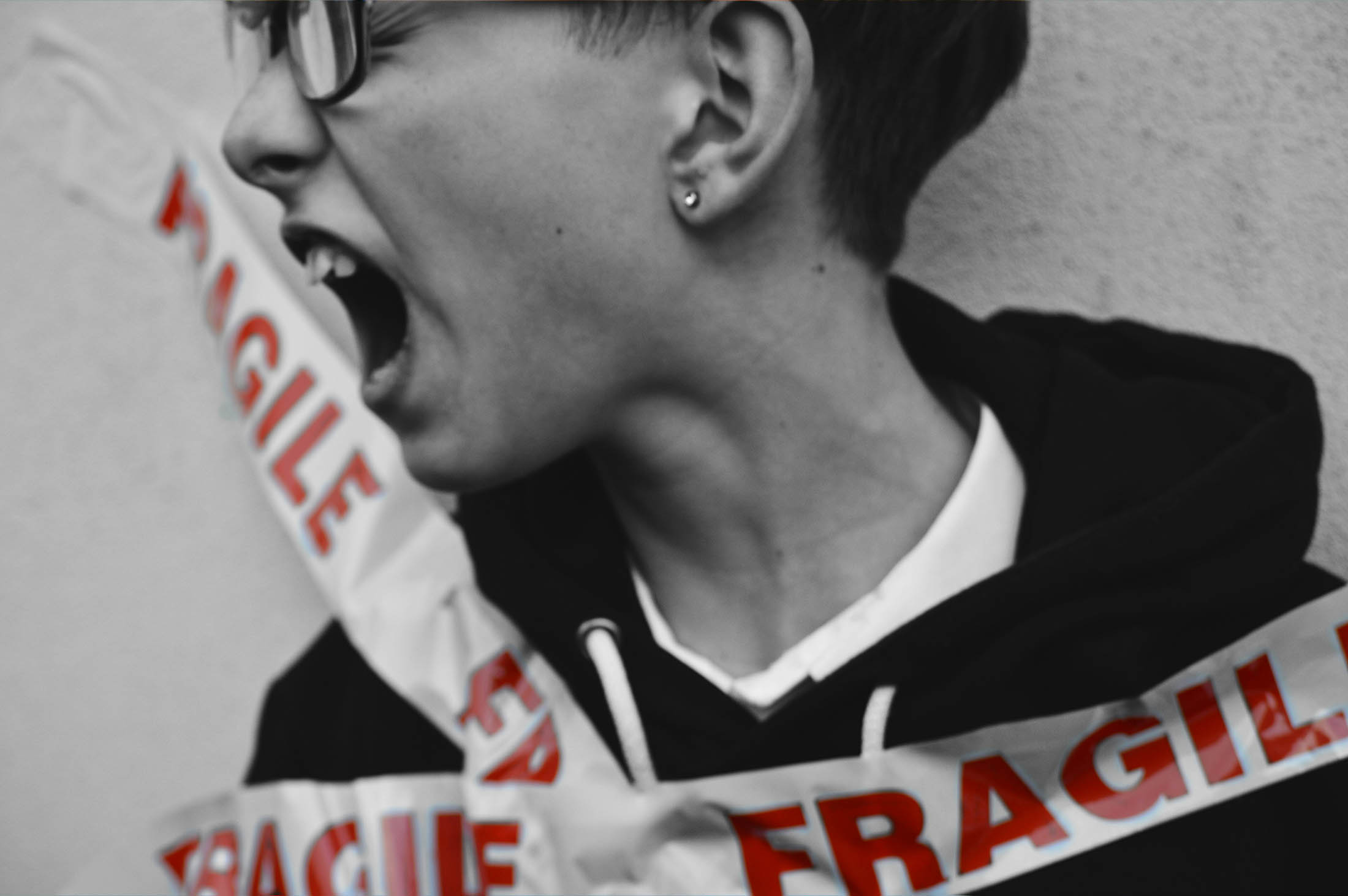
His defensiveness became a shield, an armour built from the harsh blows of rejection and ridicule. Yet, it was this same armour that made him mistakenly rebuff the kindness of others, interpreting friendly gestures as potential threats or mockery.
As Nico narrates these events, the festive lights of Sarajevo blur into a backdrop for his internal struggle. "I was mean to people even though they wanted to be nice to me," he shares, revealing the complexity of navigating social interactions scarred by bullying. This self-protective aggression, born from hurt and misunderstanding, illustrates the impact it had on his ability to form healthy relationships.
The irony of his current magnetic presence in the hostel, surrounded by new friends and admirers, underscores the pivotal evolution Nico has undergone. From a boy who once viewed every social interaction through a lens of suspicion to a man who now navigates a crowded room with ease, his story is a testament to resilience and the power of personal reinvention.
The Power of Male Friendship: Learning from Others
As the hostel's common room reverberates with cheer, Nico, with a glass of celebratory drink in hand, relaxes into the reminiscence of his years in a hockey club. "My last years in the hockey club were pretty nice," he begins, a hint of nostalgia lacing his words as he glances towards Sebastian, who nods in agreement, a silent testament to their shared past. "The first years were hard. I was a good player, but I got held back by racism and mobbing because of my looks."
"But the last year, when I was captain of the team, it shaped me and made me happy." The words resonate, revealing not just his triumph but the profound sense of fulfilment from leading his team to victory, affirming his worth beyond physical appearances.
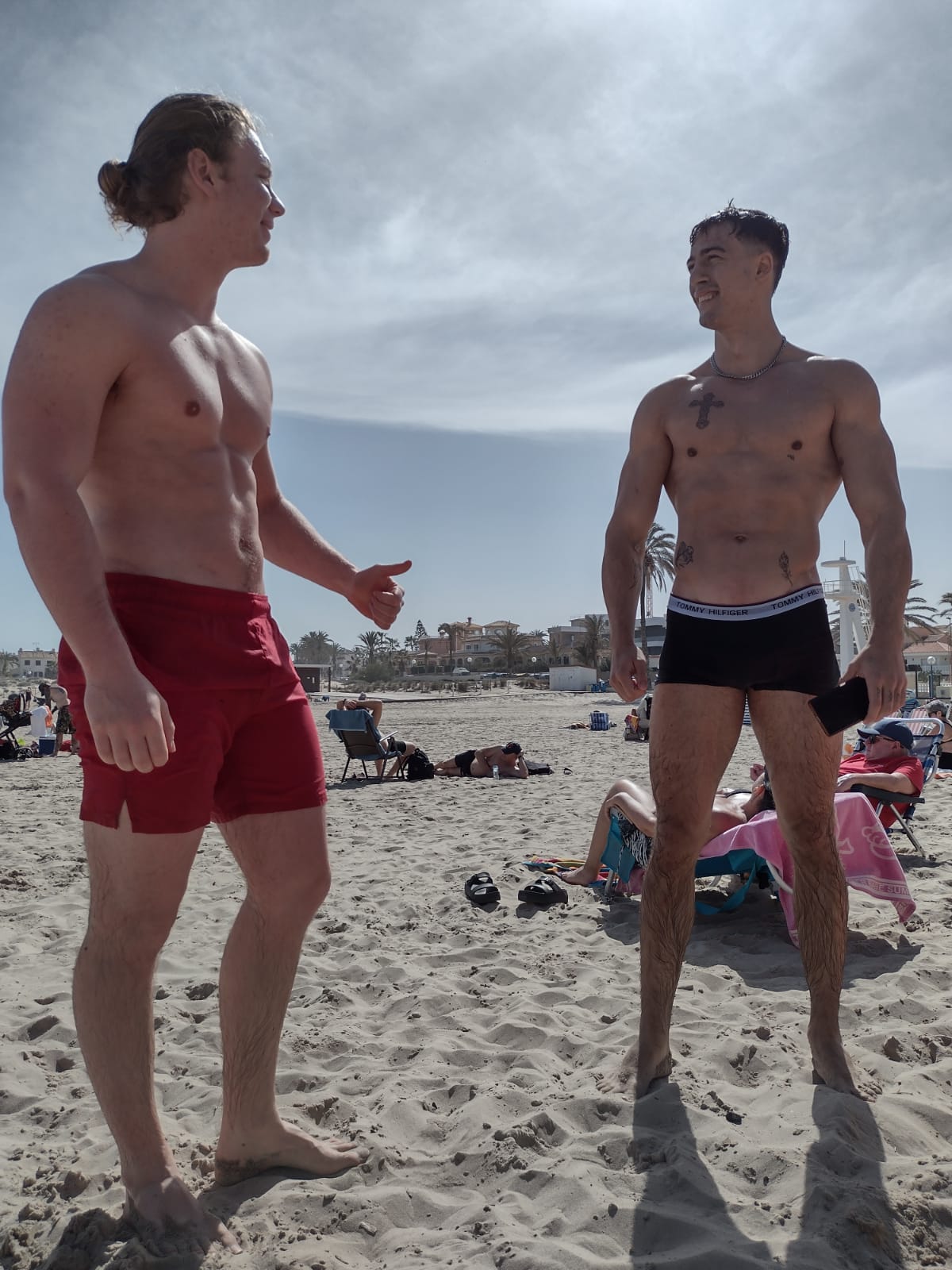
It was not just the sport but the camaraderie, particularly with Sebastian, that carved a refuge from his turbulent youth. "And obviously I met my best friend, Sebastian, you know, this guy," he says, gesturing with a smile towards Sebastian. "I know this guy for 15 years. So, hockey has a pretty big place in my heart." His words carry a warmth that envelop our ongoing exchange with a sense of intimacy and trust.
"Sebastian, or Doc, was the person who shaped me. We shaped each other," Nico continues. "He made me realise I don’t have to look good to get a really good friend. Keeping me alive and going to this day." His acknowledgment of Sebastian not just as a friend but as a lifeline resonates deeply, reinforced by a shared understanding that speaks volumes of their experiences together.
The narrative of Nico's shift from isolation to acceptance, illustrated by his physical presence — once a source of shame, now a symbol of his strength — highlights the power of sports and friendship. His narrative, some of which is vividly shared in the heart of Sarajevo's celebratory chaos, is a reminder of the role deep, supportive relationships play in personal growth and self-acceptance.
Turning Point: Surgical Transformation
As Nico and I continued our dialogue through Instagram messages in the coming months, he shared the pivotal moments of his surgical transformation. "It’s obvious that I wanted to look better," Nico confided, revealing the deeply personal decision to undergo surgery for his cleft palate, a step taken at a critical juncture when he was beginning to take an interest in dating. "Yeah, it was really a big step, and the results were pretty good, but I had to wait a while for the results."
Nico's transparency about the mixed emotions surrounding the surgery — hope mixed with uncertainty — painted a vivid picture of his vulnerability during that period. "I got quite depressed after the first operation, not being satisfied with the look. I thought it would make everything easier," he admitted. This raw admission highlighted the complexities of expecting instant solutions from such a life-altering event.
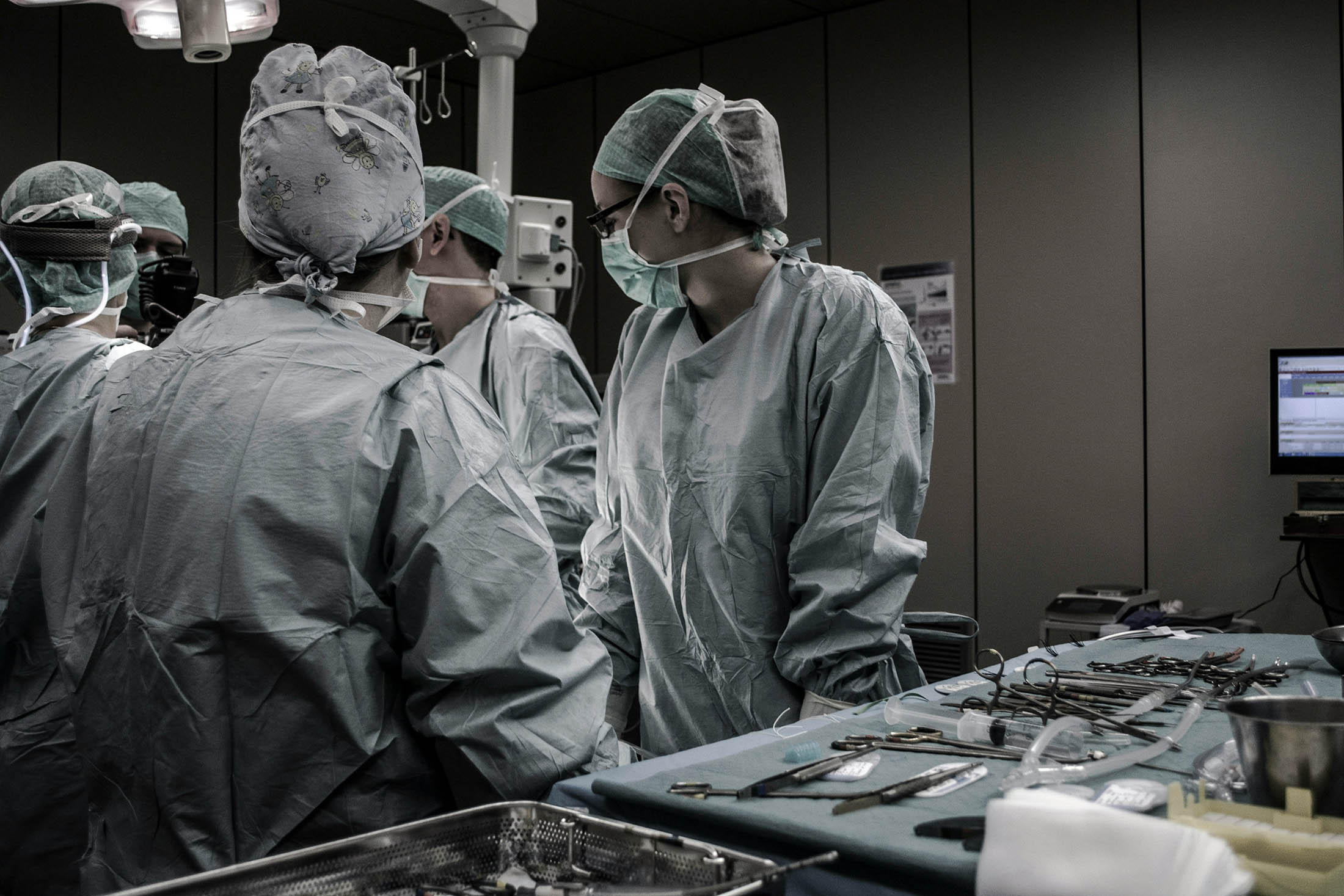
Despite the initial disillusionment, the surgery marked a significant turning point in Nico's life. "I still had to put a lot of effort into my looks and just in general," he explained. This phase of recovery and self-rediscovery was challenging yet transformative, ultimately enhancing his social life and self-esteem significantly.
As we later reminisced about the bustling streets of Sarajevo, Nico’s reflections on his surgical changes resonated with the transformative backdrop of the city, mirroring his own metamorphosis. "But it was the turning point of my life, my social life, just everything," he reflected. This surgery, though fraught with emotional turmoil, was the catalyst that prompted Nico to redefine his identity and embrace his new self with a renewed sense of purpose and confidence.
Nico’s migration through surgical alteration revealed not just a change in appearance but an evolution in how he viewed himself and his interactions with the world around him. It was a testament to the complex interplay of physical appearance and self-worth, and a reminder of the courage it takes to embrace change.
Embracing Physical Fitness: A Key Step on How to Be a Better Man
As the night approaches midnight, the air around Sarajevo thickens with excitement, and the streets swell with celebrators, all drawn like moths to the glow of the coming fireworks. Nico, fresh from the hostel, melds into the throng, his presence marked not just by his towering frame but by the sculptural quality of his body, a testament to his recent foray into bodybuilding.
The lights catch on his well-defined muscles, accentuating his physique against the city's vibrant backdrop. His shirt, strained against his chest, leaves his upper body partially exposed, displaying a canvas of hard-earned muscle that draws more than casual glances. Women's eyes linger with subtle admiration, while men give nods of respect or furrowed brows of envy. Nico, aware but unbothered by the attention, navigates the crowd with a serene confidence.
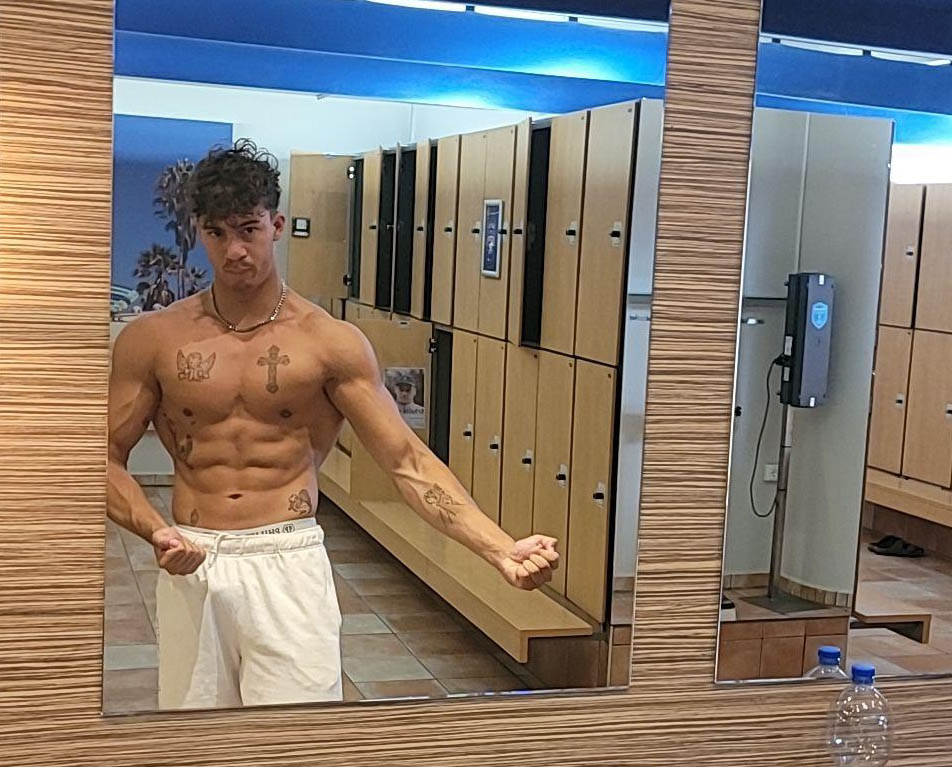
He reflects on his embrace of bodybuilding, stating, "Bodybuilding was a way to feel better about my body, the parts I could change. It was about balancing out my face, which I didn't think was the prettiest. Looking back, it did more than that; it helped me accept and even like how I look, turning my body into something I'm proud of." This physical change helped Nico reshape his understanding of masculinity, integrating the strength to show vulnerability and the confidence to embrace his new identity.
His journey through bodybuilding has not only sculpted his body but redefined his concept of masculinity — no longer confined to the shadows of self-doubt but radiant in the revelry of self-acceptance and physical prowess. Tonight, as the sky above prepares to burst into colour, Nico's shift from vulnerability to strength mirrors the explosive potential of the new year — a rebirth celebrated not in solitude but in the communal spirit of a city alive with possibility.
Confronting Inner Demons: The Role of Self-Awareness
Following the euphoria of his physical metamorphosis, Nico confronted a clandestine struggle — a battle within the confines of his own mind. Despite his newly chiselled physique, he faced a torrent of internal conflicts. Night after night, lingering doubts and self-critique, echoes of past bullies' harsh tones, haunted him. His outward self-assurance masked deep-seated insecurities, residues of his painful past.
Nico's narrative shifts as he details the maladaptive coping mechanisms initially employed to navigate these mental challenges. Seeking happiness beyond the gym became essential. "I started distracting myself with new hobbies, which worked even better," he admits, highlighting how these pursuits provided not just an escape but a foundation for rebuilding his emotional resilience. Whether strumming a guitar or exploring artistic expressions, each activity fortified his mental health, facilitating emotional healing and social composure.
He further evolved his coping strategies by engaging in new social circles and support systems that reinforced his worth beyond physical appearance. This shift towards relationships based on mutual interests and shared humour proved pivotal, enabling him to dismantle the fortresses of doubt gradually and embrace a lighter, more hopeful existence.
"I don’t really have a way how I fixed them; I was just facing them when I had them," Nico shared, emphasising the importance of confronting challenges head-on.
As he connected with others, the joyous atmosphere of Sarajevo's New Year's Eve mirrored his evolution. The glittering fireworks, symbolising celebration and renewal, paralleled Nico's steady march toward inner peace and understanding.
Using Support Systems
A while after the clock strikes midnight and the fireworks illuminate the skies over Sarajevo, Nico, surrounded by friends including Sebastian, demonstrates the integral role of support systems. Amid the joyful clamour of the city's celebration, Nico's appreciation for the steadfast companionship he received is palpable.
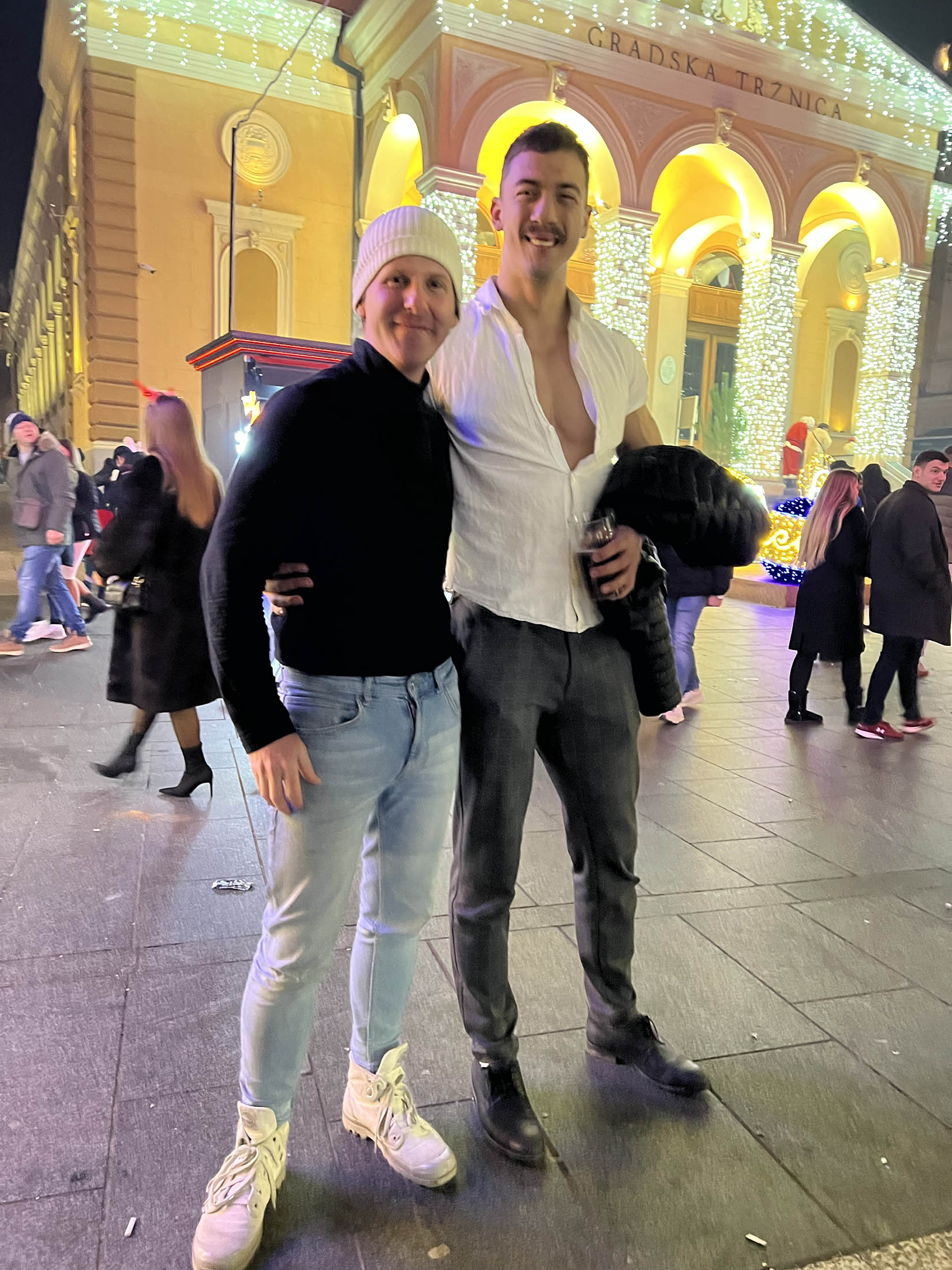
"I don’t really have a lot of support systems I could use. Mostly it was the gym and friends. Or like the female friends of my friends who had a different view on everything, which was a nice experience," Nico shares, highlighting the unexpected yet invaluable support he found in those around him. "They had a totally different view on things which was helpful. They helped me see things from angles I hadn’t considered.”
This was more than camaraderie; it was a vital support network that provided Nico with the emotional sustenance needed during his most challenging times.
As the new year begins, the significance of these relationships is not lost on Nico. "You don’t go through life’s battles alone. The right people, they don’t just stand by you; they lift you up," he concludes, a testament to the power of community and the enduring strength of true friendship.
The bonds forged through shared moments and mutual support had become his lifeline.
Embracing Growth and Suffering
As our conversation continued to unfold during the year, Nico's reflections turned to the intricate dance between growth and suffering that had defined him.
"Looking back and reflecting on my suffering, I think every story or every bad experience in your life can shape you a lot and make you grow," Nico shared, his recorded voice via Instagram message steady despite the weight of his words. "You can definitely feel that, if you compare me to other 21-year-olds who didn’t necessarily go through a lot in their life. You shouldn’t really talk down on them. You should acknowledge that you’re just a bit more experienced in life. Use your knowledge to teach them stuff."
Nico's experiences, from the bullying and isolation of his youth to the physical and emotional evolutions of his later years, had sculpted him into a resilient and introspective individual. "I don’t think it’s in a positive or negative way. It’s a middle ground. And you have to live with that and those experiences," he reflected, acknowledging the complexity of his evolution.
A recent event had tested his stability — his friend's motorcycle accident and subsequent coma. "Usually that kind of stuff really pulls you and takes you down. It did. But I didn’t lose my stability. I just continued with life, managing that stuff simultaneously," Nico explained. This resilience, forged through past suffering, allowed him to navigate current hardships with a steadiness that belied his youth.
Nico’s narrative resonates with the universal truth that growth often springs from adversity. His story, filled with pain and triumph, underscores a powerful message: suffering, while difficult, can be a catalyst for profound personal development.
Advice from Nico: Practical Tips on How to Be a Better Man
As the year progresses, Nico’s vision for personal growth reflects his ongoing journey on how to be a better man, filled with hopes and aspirations for the future. Amid the reflections that a new year brings, he shares his vision for what lies ahead. "Right now, I want to travel a bit more and just do a few little things I always wanted to do. Meet new people like you," he remarks, a hint of excitement in his voice. "Obviously, I want to succeed in my job. I think maybe just fix a little stuff [few things] on my face like my lips or something, or small things I don’t actually really need."
Nico has been equipped with insights that he wishes to pass on to others facing similar struggles. "My message for other people who are going through things like that is: stop cornering yourself into a position where you’re suffering and have bad feelings. You should try out stuff like new hobbies or a new style or try growing your hair, or something like that," Nico advised. "It actually helped me a lot. So, I started growing out my hair. And I’m really happy with my looks right now."
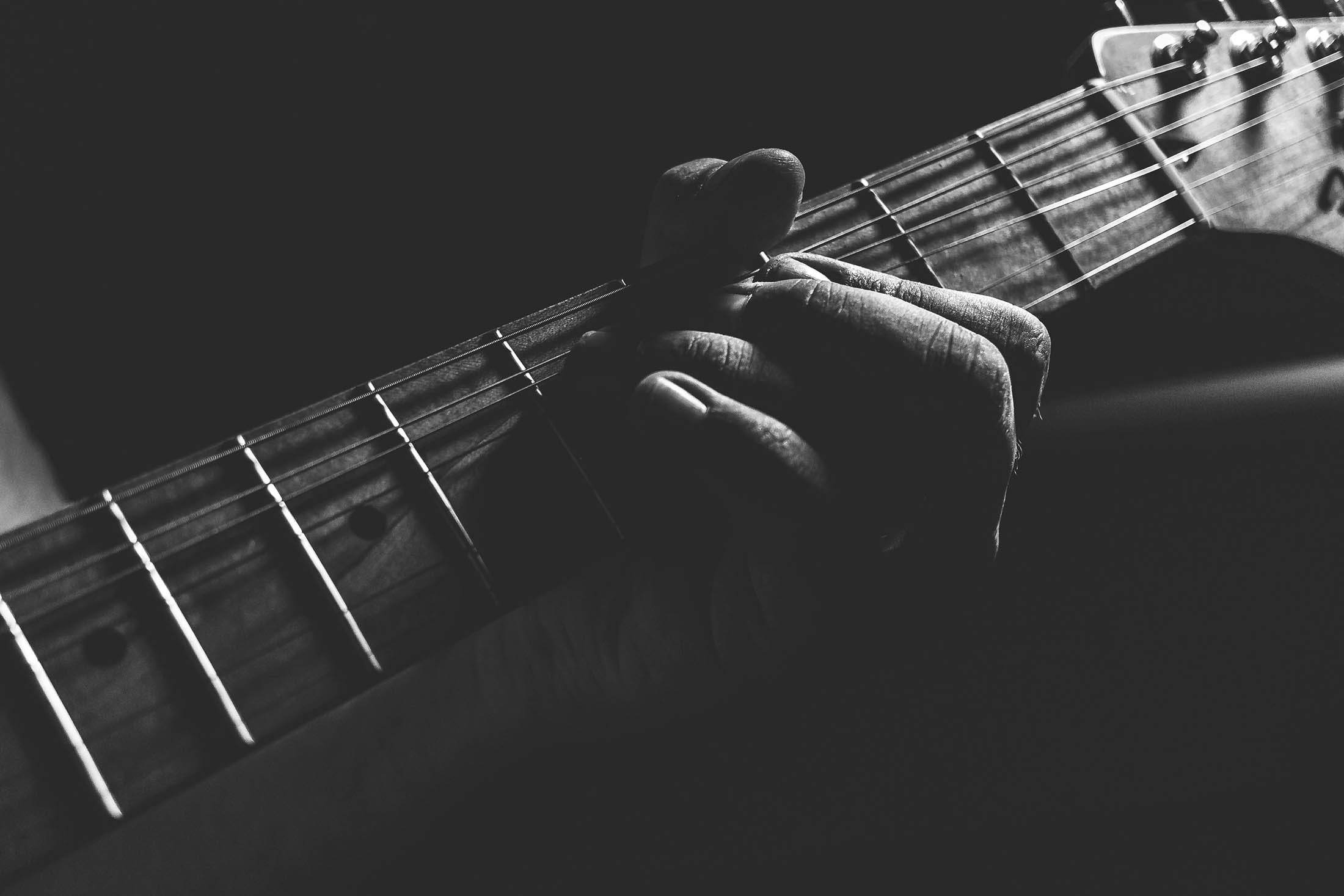
He continues, "Start new hobbies or just try to learn new stuff and discover new things about your own body or personality. I learned how to play guitar. I got to know my artistic side. Yeah, I discovered a lot of different aspects of my character. And I discovered that I’m actually pretty creative. And you shouldn’t be too shy. Meet new people or take some risks in your life. I think that’s the main part. You just have to try new stuff which gives you a lot of dopamine and happiness."
Nico's advice, forged in the crucible of his own struggles, emphasises the importance of exploration and self-acceptance. As he looks ahead, his journey is far from over. But armed with the lessons of his past, Nico is ready to face whatever comes next with confidence and a renewed sense of purpose.
Conclusion: Continual Growth and Future Aspirations
Nico's journey through pain, transformation, and self-discovery is a testament to the enduring strength of the human spirit. From the dark days of bullying and isolation to the triumphs of personal growth and acceptance, his story highlights the impact of perseverance and supportive relationships. As we reflect on his story through the lens of the popular inquiry, 'How can men improve themselves?', it becomes clear that his experiences offer valuable lessons in self-growth and resilience.
Nico's insights into overcoming personal struggles are vital lessons for anyone looking to learn how to be a better man through self-improvement. His message is clear: embrace new experiences, seek out supportive relationships, and never shy away from exploring and accepting oneself. The festive backdrop of Sarajevo’s New Year celebrations mirrors Nico's own rebirth, a vivid illustration of the power of renewal and the endless possibilities that lie ahead.
As Nico steps forward into the future, he continues to inspire. His story reminds us that amid suffering, there is always room for growth, and through tenacity and self-acceptance, we can find our true selves. Whether through new hobbies, building relationships, or personal reflection, Nico's experiences encourage us to embrace change and pursue our paths with resolve and hope.
Considering the pervasive question 'How can men improve themselves?’, how might you apply Nico’s lessons to your own journey towards self-improvement?
